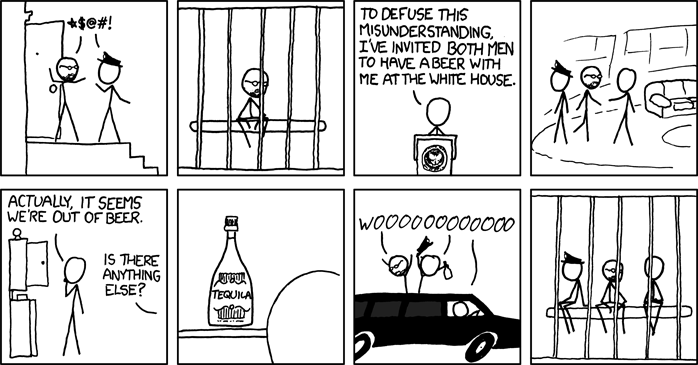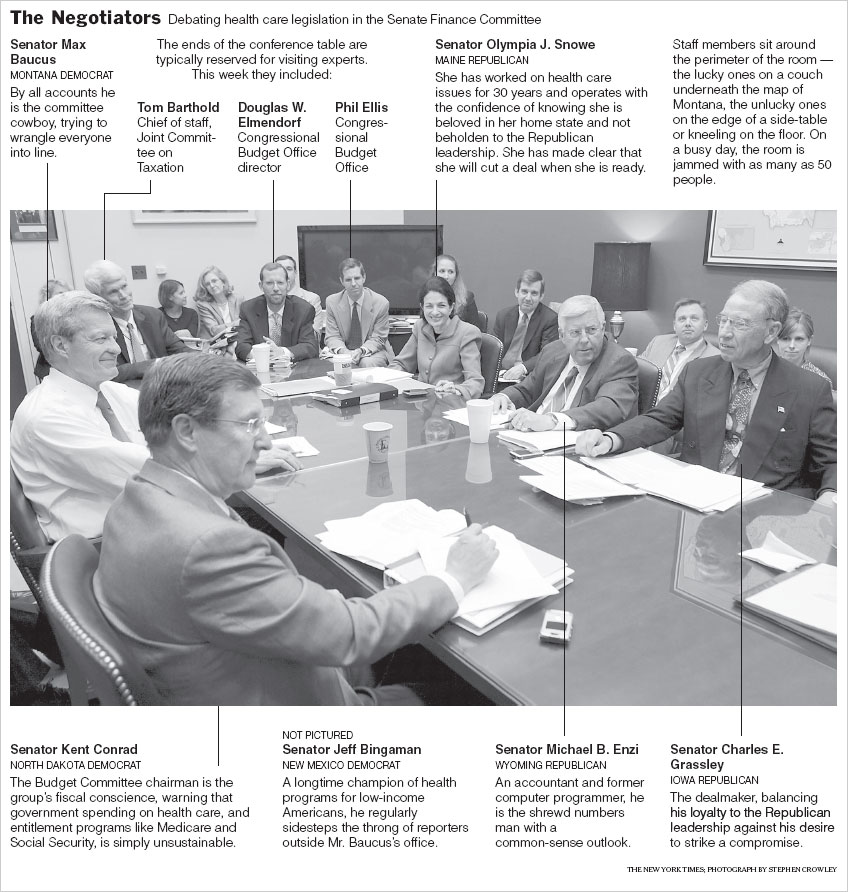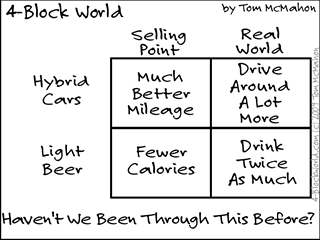We are 7 months into the Obama administration and DADT (Don't Ask, Don't Tell) is still on the books. I believe anything the president does to initiate the repeal will cause a firestorm that is much, much greater than any of us activists anticipate and could significantly wound Obama politically. This is in spite of the fact that 75% of the public thinks gays should be able to serve openly in the military. Even though they are a significant minority, right wing reactionaries are waiting to ambush the president the minute he moves to repeal DADT.
So how should we repeal DADT with a minimum of damage? If I were speaking to the president, this is what I would advise him.
Wait until October when Chairman of the Joint Chiefs Mike Mullen's two year term ends. In choosing a new Chief, make sure the general or admiral has impeccable military credentials and is firmly in favor of repealing DADT. Make sure he understands this is a top priority and it is his mission to accomplish this in the first few months of his term. Also instruct the future Chairman that he is to be open and honest about his opinion and plans for DADT during the Senate confirmation hearings.
During the Senate hearings make sure the nominee is asked several DADT questions and that he publicly states that he believes DADT is a bad policy and needs to be repealed. With the Democrats in control he should be confirmed. The hearings will put him on record about his intentions for the future of DADT. By confirming him, Congress has now approved the concept. The public is on notice and Congress is on notice that things are going to change. No one should be surprised when it happens.
Then a month or two later, the Chairman appears before Congress with numerous studies showing how DADT decreases national security, how we are losing talented men and women we cannot afford to lose during war time, and that the unit cohesion argument is a myth. He formerly requests that Congress repeal DADT for the good of the armed forces. The repeal of DADT is initiated by the military.
The request was not initiated by a president who has no military service (a major Achilles heal for many). With the military requesting the change, it would give Congress the cover it needs to repeal DADT. It would also fly better with the American people. And if the military requests the change in the law, it would be much more difficult for the right wing to condemn it.
Top NATO allies believe cyberattacks on hospitals are an act of war.
They’re still struggling to fight back.
-
State-linked hackers are increasingly targeting critical sectors with no
signs of stopping.
1 hour ago



















